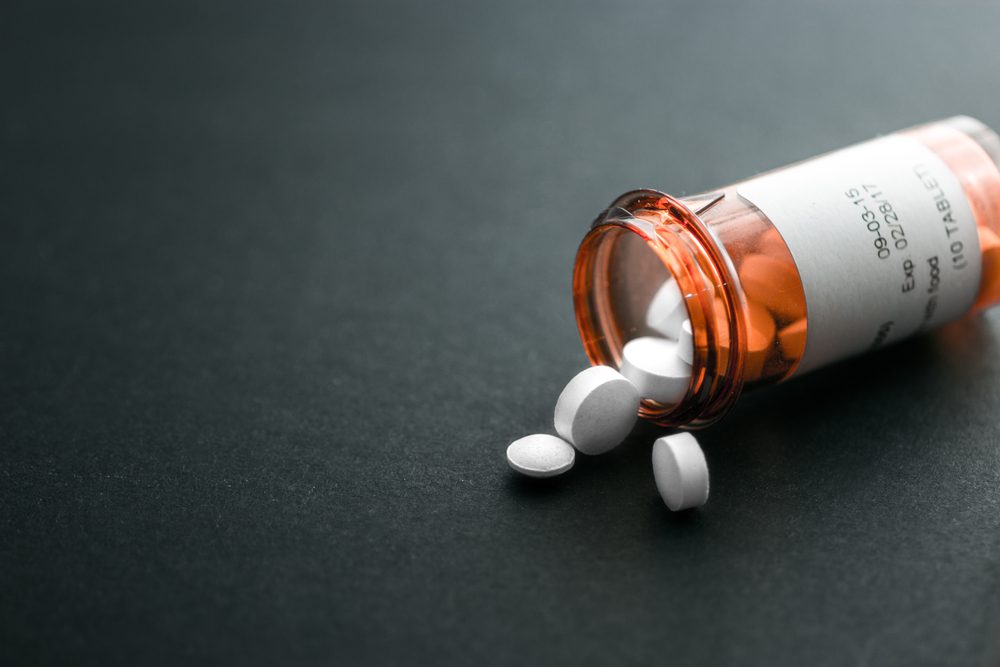Medication can be an essential component of managing attention deficit hyperactivity disorder (ADHD). These medications, such as Vyvanse and Adderall, can help to:
- Reduce symptoms like impulsivity, hyperactivity, and inattention
- Promote better focus, organization, and behavioral control
- Improve academic and professional performance through better concentration and task completion
- Mitigate the risk of developing a secondary condition like anxiety or depression
However, a rise in demand for drugs like Vyvanse and Adderall, particularly as it has become easier to get an ADHD diagnosis, means that there is now a shortage of these drugs. In 2022, Erica Pandey reported that 41.4 million Adderall prescriptions were dispensed in 2021 (up more than 10% from previous years).
The number of people searching for a prescription has only risen – but the number of prescriptions being filled has drastically fallen. In early April 2024, Tina Reed reported in Axios that the fill rate for these prescriptions has fallen by over 10%. This data comes from an examination of de-identified health records from more than 336,000 people across the nation living with ADHD.
An Issue with Access for People with ADHD
So far, the drug shortages have lasted for around 18 months (1.5 years) with no clear end in sight. However, Reed’s data highlights how the problem may expand even further. Adderall numbers have started to rise again. Yet people taking Ritalin, Vyvanse, Concerta, and Focalin are still being left out in the cold. People who require these drugs are simply unable to find them at either the big-name or local pharmacies.
This also means that people are taking their pills sporadically – or sometimes not at all. Someone might have to conserve their pills, meaning that they don’t take them every day. Others may have to go without for a month or two, waiting until their pills can be refilled. In a February 2024 article on NBC News, Wendy Steele, a mother with ADHD who also has a son with ADHD, shares that:
At times, both have had to skip, delay or go without their medications for several weeks. Steele said she believes the shortage is now affecting [her son’s] schoolwork.
Since over 6 million children across the United States have been diagnosed with ADHD, as well as many adults, this shortage has the potential to significantly challenge and/or harm many people.
What’s Causing the Shortage?
The short answer? We don’t really know.
The longer answer? There are a number of factors at play believed to play a role in the ADHD medication shortage – yet it’s hard to pin down exactly what is driving the charge. For one, there were increases in demand for ADHD drugs during the COVID-19 pandemic which are clearly present today. Shipping and production issues could also be a cause.
Drug developers have stated that there has been a cap, or restrictions, placed on the number of drugs that they are allowed to develop. However, the FDA and DEA have previously gone against this opinion, stating last year that manufacturers were not producing as many drugs as they were allowed to.
Right now, frustratingly, there is also little that we can do to stimulate drug development. There are regulatory forces at play looking to garner funding and create regulatory and policy changes, yet we don’t know what this will look like moving forward.
In the meantime, people with ADHD are facing extreme inertia, frustration, and lack of support. We must begin opening discourse into how to handle this, as many patients are being left behind.








